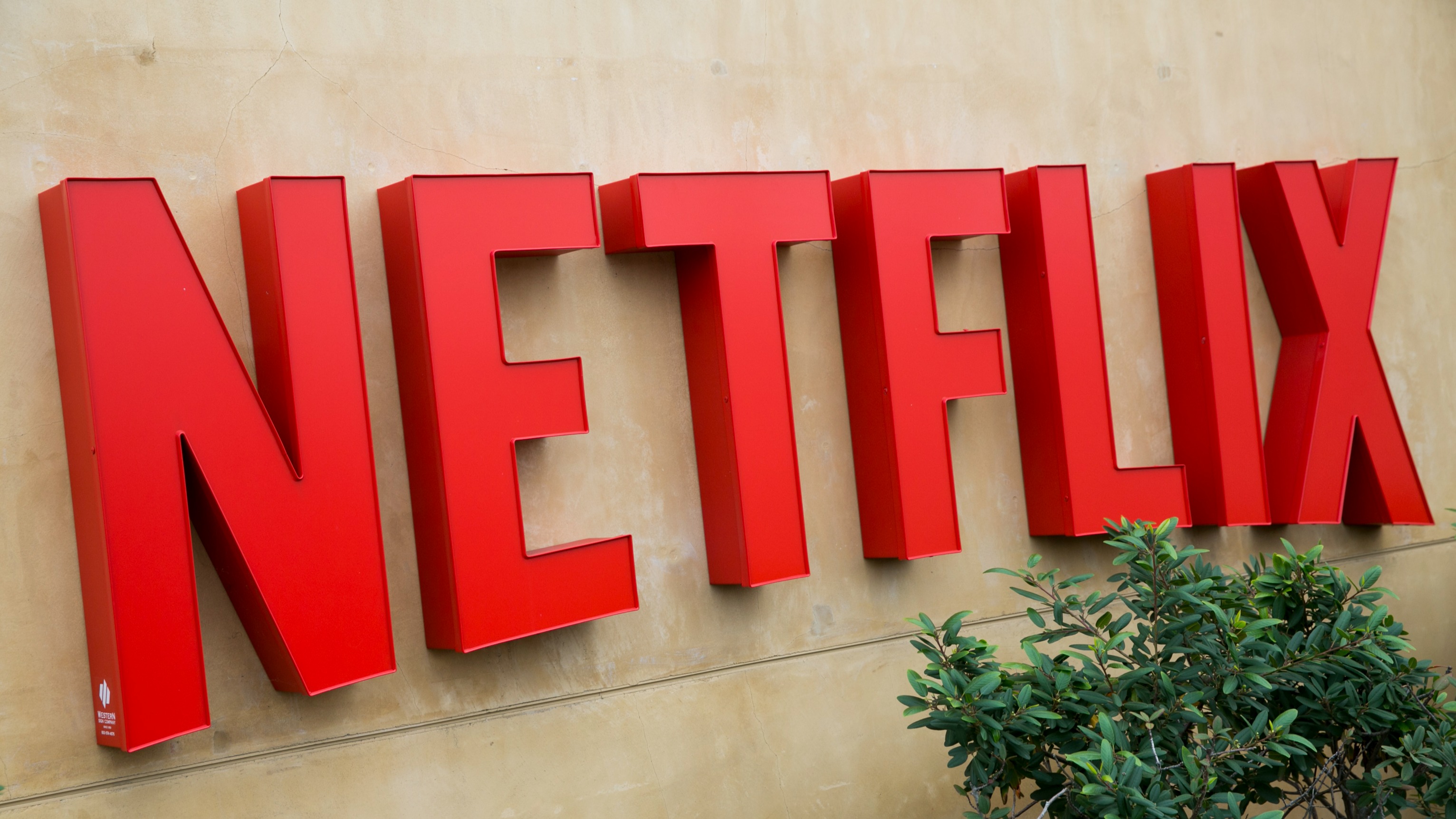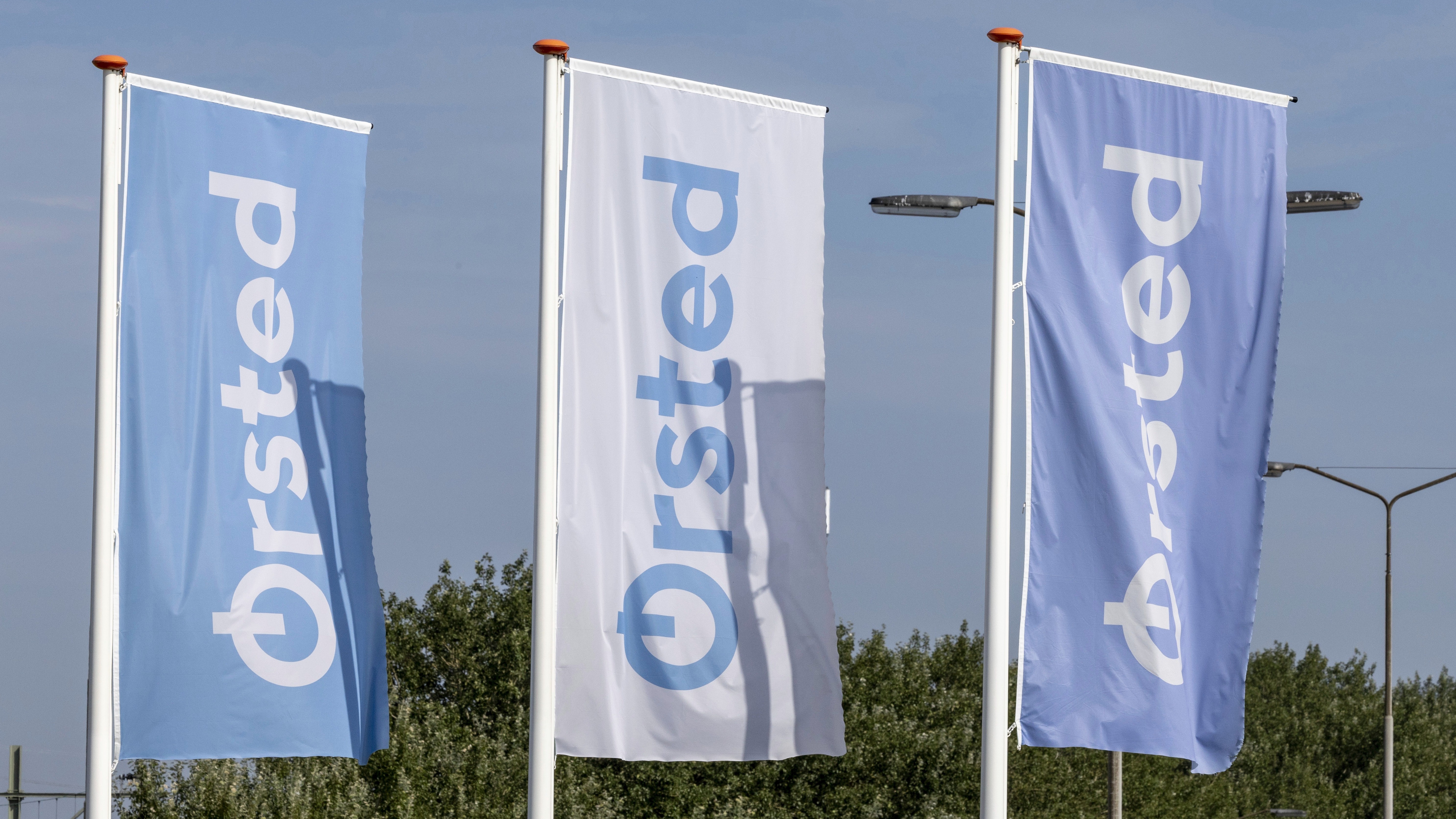Holly Cook: Today, we're talking about how the average man on the street can better invest. Joining me today is former hedge fund manager and now author of how-to-invest books, Lars Kroijer.
Lars, thanks for joining me.
Lars Kroijer: Thanks for having me.
Cook: So, you've just written a book that is called, Investing Demystified – How to Invest Without Speculation and Sleepless Nights. In a nutshell, how do you?
Kroijer: Well, so, in the book, I start with the premise of who are you, who are U.S. investor, and I argue that the vast majority of investors have no real prospect of having an edge to beat the markets. So, what does that mean? It means that you will as an investor in all likelihood not be able to make a security selection or pick stocks or index funds or anything, also the active fund is better than the market as a whole and that you shouldn't even try. So, that's the premise of the book.
Cook: So you would say 100% passive fund investment, no active funds in your portfolio at all?
Kroijer: Absolutely right. I am saying you should – if you don't have the prospect to beat the markets, and you, in all likelihood don't, buy the broadest, cheapest index funds you can get your gets hands on. So, specifically, if you stay with equities for a second, I am saying you should buy the world equity index, so that's an index that comprise of as many equities from across the globe as you can possibly get your hands on, you should do that as cheaply as possible, as tax efficiently as possible, and for your equity portfolio, that's all you should do.
Now, why is that, is because anything else would somehow imply edge. It would somehow imply that you have the ability to pick something other than what the market has picked, and I am arguing the vast majority of people don't have that.
Cook: And, of course, this is there Morningstar comes in, our analysts rate funds and analyst ratings are trying to say whether or not a fund will outperform its peers going forward. So, a lot of people would argue, say, in certain areas like emerging markets, for example, that active fund manager, you need the extra expertise to make the educated decision. Are you saying that you disagree with that?
Kroijer: Well, I'm not saying edge doesn't exist. It's very important, right. As a former hedge fund manager, I would be a huge hypocrite if I said that. I am saying who are you to have that edge, and whether we are in the emerging markets or in the U.K., are markets any less efficient in places like India and Brazil and so forth than they are here. Some people would argue yes, some people would argue no.
But let's go to India for a second and say, well, do you have an edge in India? Does my mom have any realistic chance of picking Indian stocks different from what the quite active market of investors in India picked, and I would argue she doesn't. Does she have the ability to somehow magically pick the active fund manager who would be the Nifty Fifty? I'd argue she doesn't. Do some people? Sure. Most people don't. So don't try because it's expensive to try. You're going to be worse off in the long run picking active managers than you've picked a passive manager if you don't have the magical ability to pick the superior performers.
Cook: In the book actually you illustrate this very well, the difference between over a lifetime of investing actively versus passively.
Kroijer: Yes. So the kind of what I have in the book is – and now we're back in the U.K. – is an average saver who makes £50,000 a year puts 10% of that aside every year and puts it into the equity markets. Let's say that that person does that between the ages 25 and 67, so it's a normal working life span. And let's further say that the stock market has performed much like they have historically, so about 4.5%, 5% above inflation.
The difference at retirement for that person between having picked a passive fund; that's called the world equity index and an active fund that tracks the same thing, the difference in fees will amount to almost £300,000 in today's money. So, prerogatively, I'd say that's the equivalent of seven Porsches.
So, essentially, I'm saying that the average saver, someone who makes £50,000 a year will over a lifetime pay the equivalent of seven Porsches to the financial sector for a product that does the same thing, or very close to the same thing. In fact, I'd argue the passive product is spread up because it's better diversified; so even if you didn't have the fee advantage.
Now, that's crazy. So, I'm saying for you to not do that you have to have an amazing ability to pick just the right fund manager, not trade, not pick stocks yourself, and most people don't have that. When you compare that to someone like myself who was a fund manager, and not only did I have access to real-time information, I had the best minds in finance working for me, I had the best software, I had the best information, I was the first one to get the call back from the companies we invested in, and I did it as a fulltime job; what chance does my mom have compared to that? And I thought it was hard. And I thought it is very, very hard and I'm skeptical whether a lot of people that do it for a living have the edge, but people that don't certainly don't.
Cook: So, to sum up then, for the average person wanting to save for retirement; you say go 100% passive; invest in the whole world stock market; assign bonds, I assume, according to your risk profile, and stick with it for the long-term?
Kroijer: Yeah, I'm certainly not advocating in anyone should put all their savings in equities, equities are extraordinarily risky, but I'm saying for the equity portion do just that. It's very, very simple; it's very, very cheap. Do it tax efficiently. Of course, don’t only do that in a book – a big part of it is actually what you just do within less risky part of your portfolio, but for the equities that is there.
Cook: Then, of course, to give a little plug to Morningstar here, we have just started rating trackers actually. So the analysts there are looking very closely at passive funds as well as active funds.
Kroijer: Yeah, and I think that's a huge service, and I think it is very, very useful, because much like active funds there is a huge industry of passive funds, they're not all equally good and the world needs a service like that, and I'm glad you guys are doing it.
Cook: Ultimately, would you say lowest cost is the best kind of pointer to look out for?
Kroijer: If you don't know better, yes. You mean there are many ways that these index trackers can charge you money. There are issues of collateral. There are issues of do you own underlying – do you own the underlying assets; do you not, synthetic versus physical, stuff like that. But if you're my mom, if you go with the lowest cost, a product that's a good start, make sure it's big, because this is one of these things where there are huge benefits of scale which is where the large index providers or index tracking providers will tend to do better, and – but absolutely right, make sure you go cheap.
Cook: Great. Well, thank you very much for that. It's a good overview of how the average person on the street should invest.
Kroijer: Well, thanks for having me.
Cook: For Morningstar, I'm Holly Cook. Thanks for watching.





























